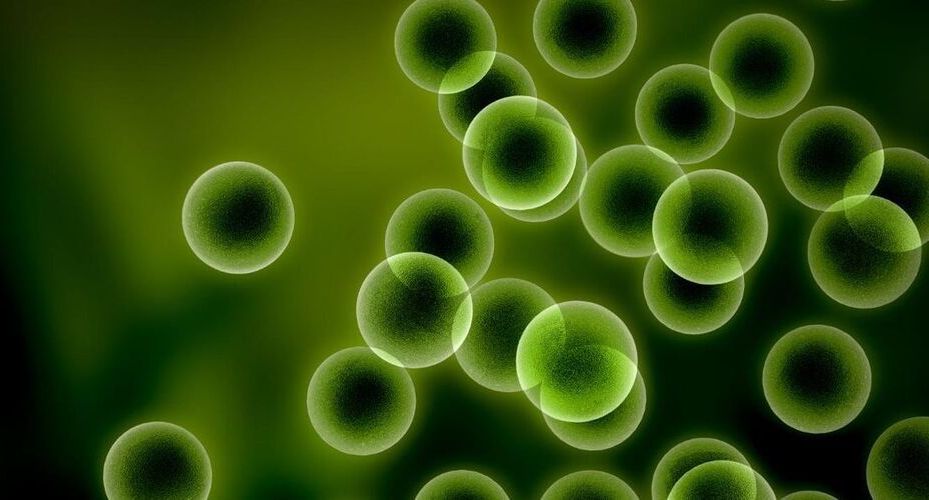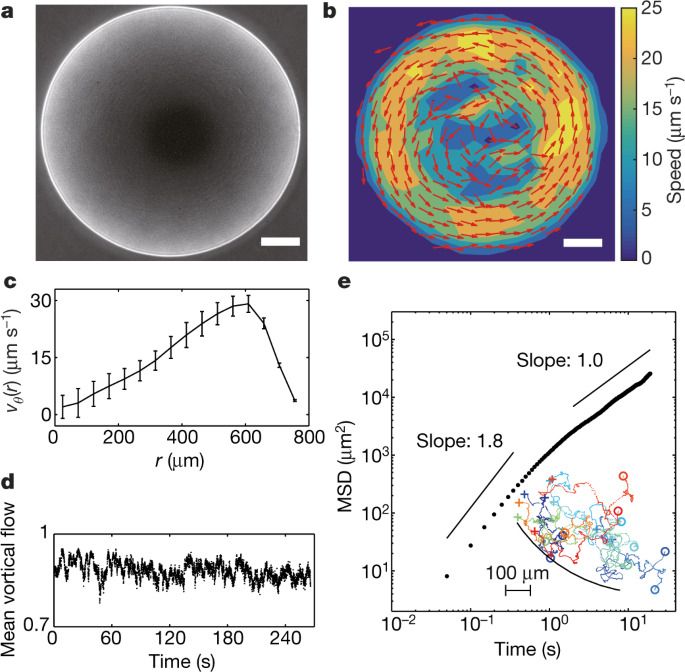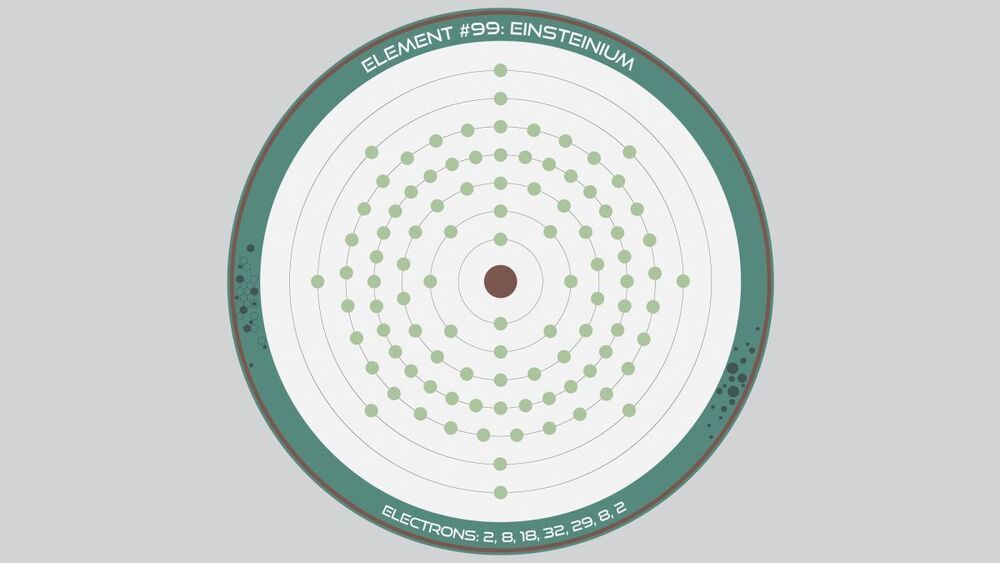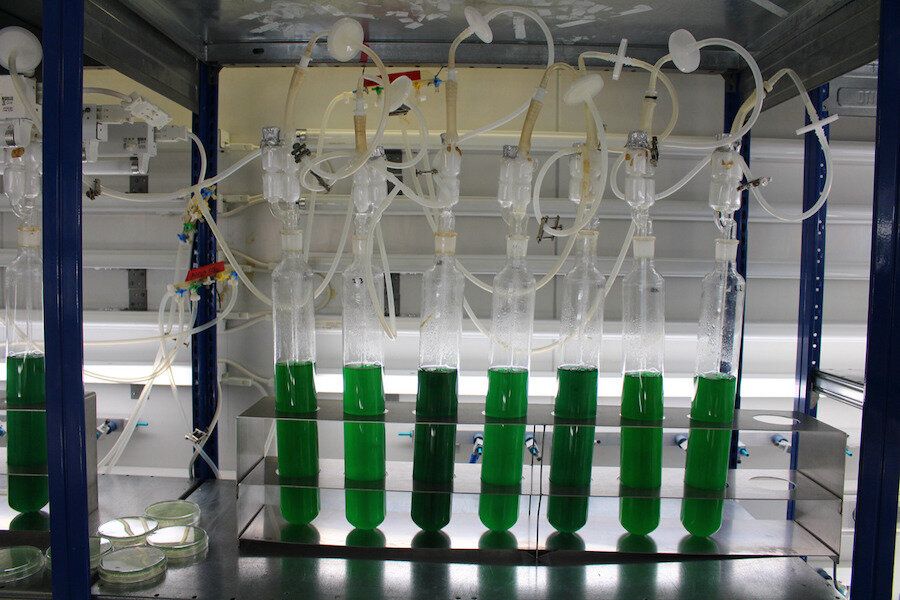“Spot” the robot dog can now pick things up, open doors, charge itself … and dance.
“Especially during times of tension, verifiable limits on Russia’s intercontinental-range nuclear weapons are vitally important,” Secretary of State Antony Blinken said.
Introducing viscoelasticity by addition of DNA into the fluid surrounding a suspension of Escherichia coli produces a giant oscillating vortex with a period controllable through the DNA concentration.
Stochastic orbital dynamics of individually coupled Co atoms on black phosphorus enables the realization of a Boltzmann machine capable of self-adaption.
NEW YORK (AP) — Almost six months after a rare face and hands transplant, Joe DiMeo is relearning how to smile, blink, pinch and squeeze.
The 22-year-old New Jersey resident had the operation last August, two years after being badly burned in a car crash.
“I knew it would be baby steps all the way,” DiMeo told The Associated Press. “You’ve got to have a lot of motivation, a lot of patience. And you’ve got to stay strong through everything.”
Scientists have developed a new kind of cryogenic computer chip capable of functioning at temperatures so cold, it approaches the theoretical limit of absolute zero.
ISRIB, a synthetic molecule capable of boosting protein synthesis, restored memory function in mouse models of Alzheimer’s disease and restored protein synthesis in the hippocampus.
Scientists have finally uncovered some of the basic chemical properties of einsteinium — one of the hardest elements to study.
Cyanobacteria produce plastic naturally as a by-product of photosynthesis—and they do it in a sustainable and environmentally friendly way. Researchers at the University of Tübingen have now succeeded for the first time in modifying the bacteria’s metabolism to produce this natural plastic in quantities enabling it to be used industrially. This new plastic could come to compete with environmentally harmful petroleum-based plastics. The researchers, headed by Professor Karl Forchhammer of the Interfaculty Institute of Microbiology and Infection Medicine, recently presented their findings in several studies that appeared in the journals Microbial Cell Factories and PNAS.









